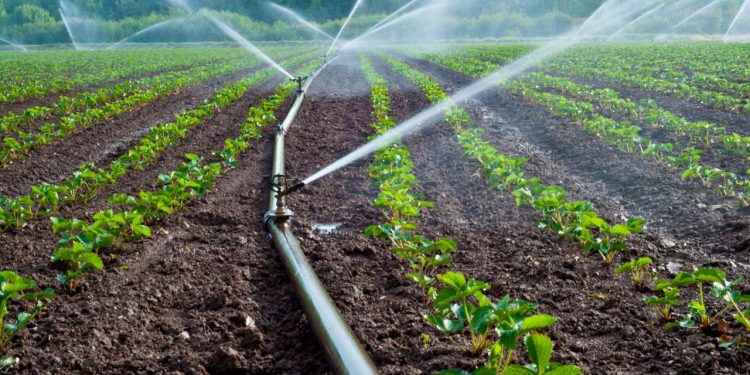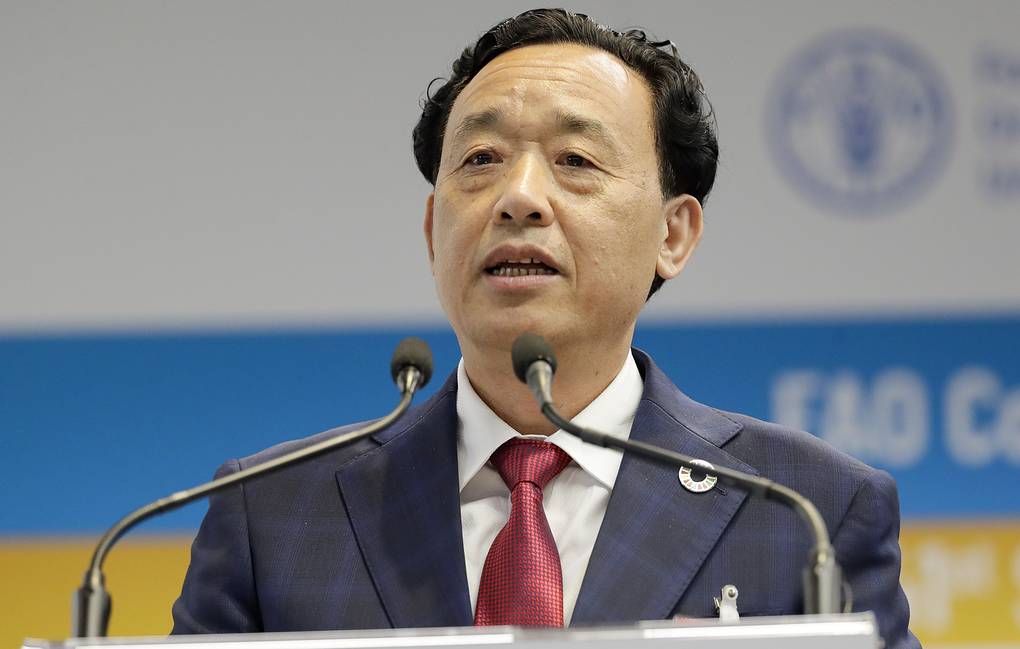Nigeria and nine other Sahelian countries have launched an $8 billion irrigation investment plan to rehabilitate and expand 1.2 million hectares of farmland, a move aimed at tackling food insecurity, boosting climate resilience, and driving economic growth in the region.
The initiative was unveiled at the Hand-in-Hand Subregional Investment Forum convened by the Food and Agriculture Organisation (FAO) of the United Nations in Abuja. The forum brought together ministers, regional bodies, development partners, and private sector leaders to deliberate on financing and implementation strategies.
According to officials, participating governments have already committed $2 billion to the plan, leaving a $6 billion funding gap to be filled by development partners and investors.
FAO Subregional Coordinator for West Africa, Bintia Stephen-Tchicaya, described irrigation as central to transforming agriculture in Nigeria and across the Sahel.
“Irrigation is not just a technical solution; it is a strategic enabler of food sovereignty, climate adaptation, and community resilience. This forum is a platform to turn these priorities into action through collaboration and investment,” she said.
The plan involves Burkina Faso, Chad, Cameroon, The Gambia, Guinea, Mali, Mauritania, Niger, Nigeria, and Senegal, in collaboration with ECOWAS and CILSS. Beyond irrigation, the initiative also aims to strengthen agricultural value chains and create reliable market linkages for increased food production.
FAO Representative in Nigeria and to ECOWAS, Hussein Gadain, urged participating governments to put agricultural transformation at the heart of their policies and create enabling environments for private investment.
“The Sahel is not just a region of need; it is the next frontier of opportunity. With fertile land, vast resources, and the youngest population in the world, this region can become a powerhouse of agricultural innovation, green job creation, and regional trade,” Gadain said.
He outlined three pillars for collective action: sustainable land and water management, agri-food system transformation and trade, and youth capacity-building with digital innovation.
FAO officials stressed that neither governments nor development partners can deliver the transformation alone, calling for deeper collaboration with the private sector, civil society, and financial institutions.
The Abuja forum also set the stage for the Hand-in-Hand Investment Roundtable in Rome next month, where West African and Sahel countries will present their joint proposals to the global community.
With nearly 307 million Africans about one in five facing hunger in 2024, speakers at the forum warned that urgent, large-scale action is needed to reverse rising food insecurity.










